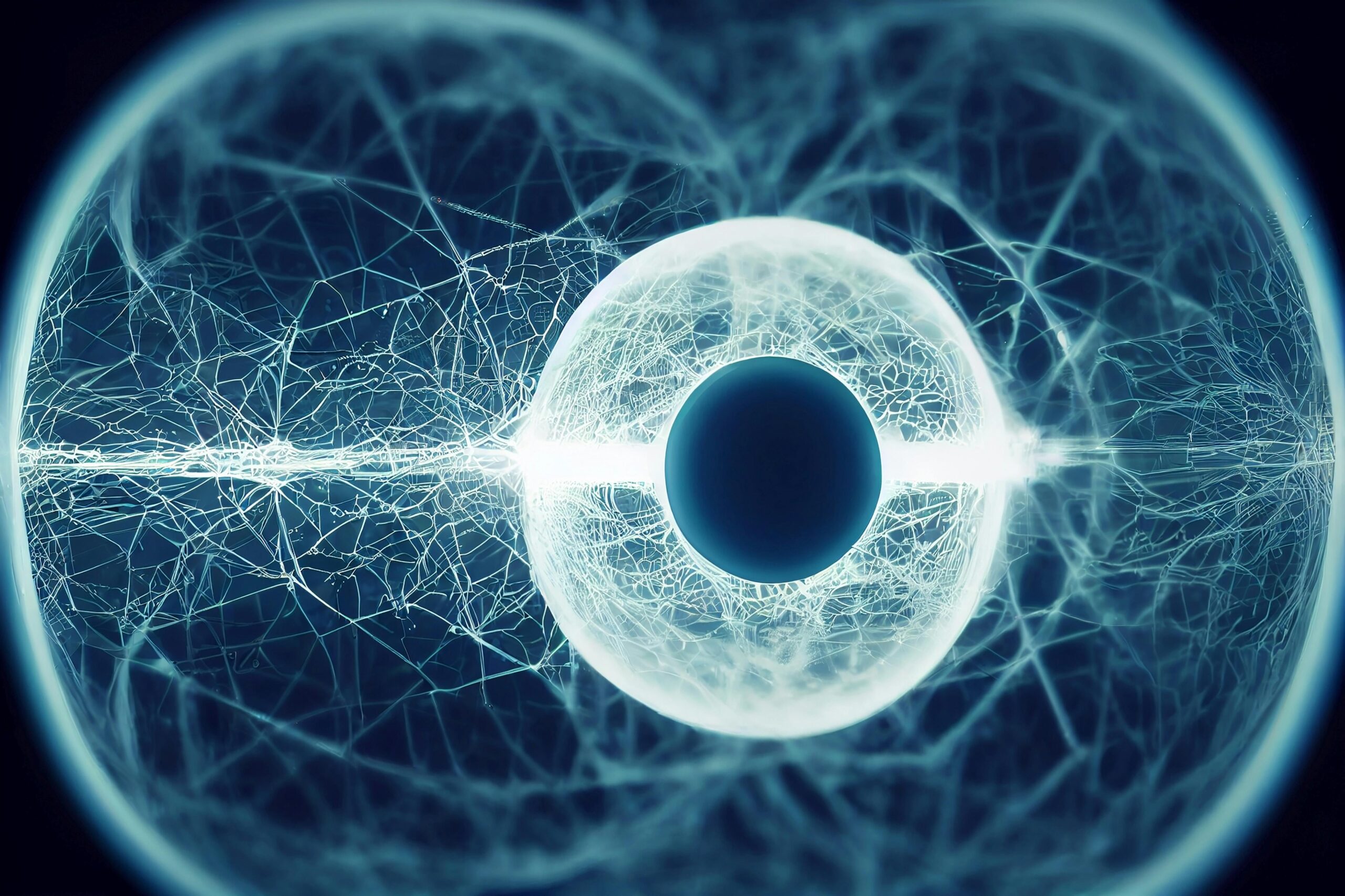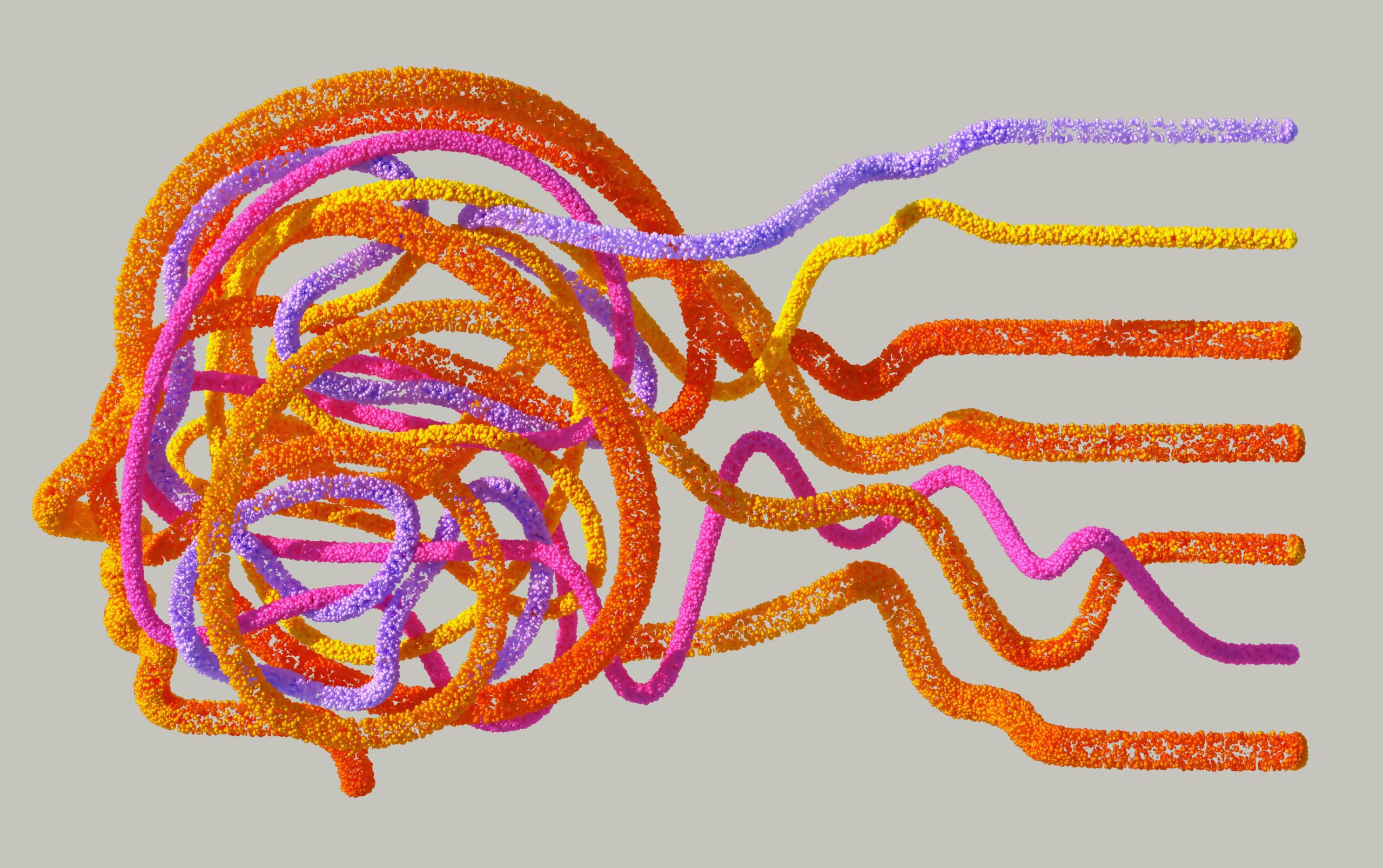The connection between what we eat and how we feel extends far beyond simple hunger satisfaction. Our nutritional choices profoundly influence both our physical health and mental clarity through an intricate network linking our gut and brain.
Modern science has uncovered a fascinating relationship between the digestive system and the brain, revealing that the foods we consume directly impact our mood, cognitive function, and overall well-being. This bidirectional communication pathway, known as the gut-brain axis, represents one of the most exciting frontiers in nutritional science and mental health research.
🧠 Understanding the Gut-Brain Superhighway
The gut-brain axis functions as a sophisticated communication network involving neural, hormonal, and immunological signaling pathways. This complex system allows constant dialogue between your gastrointestinal tract and your central nervous system, influencing everything from mood regulation to decision-making processes.
Your gut contains approximately 100 million neurons, often referred to as the “second brain” or enteric nervous system. This remarkable neural network operates semi-independently while maintaining constant communication with the brain through the vagus nerve, which serves as the primary information highway between these two critical systems.
Research has demonstrated that approximately 90% of serotonin, the neurotransmitter responsible for feelings of happiness and well-being, is produced in the gut. This striking statistic underscores why digestive health plays such a pivotal role in mental health and emotional stability.
The Microbiome: Your Internal Ecosystem 🦠
Within your digestive system lives a diverse community of trillions of microorganisms, collectively known as the gut microbiome. These beneficial bacteria, fungi, and other microbes perform essential functions that extend well beyond digestion, actively participating in immune system regulation, vitamin production, and neurotransmitter synthesis.
A healthy, diverse microbiome supports optimal brain function by producing various compounds that influence mood, memory, and cognitive performance. When this delicate ecosystem becomes imbalanced—a condition called dysbiosis—it can contribute to inflammation, weakened immunity, and even mental health challenges such as anxiety and depression.
Key Players in Your Microbiome
Different bacterial strains serve specific purposes in supporting the gut-brain connection. Lactobacillus and Bifidobacterium species have shown particular promise in clinical studies for their ability to produce gamma-aminobutyric acid (GABA), a neurotransmitter that helps calm the nervous system and reduce anxiety.
Other beneficial microbes produce short-chain fatty acids (SCFAs) through the fermentation of dietary fiber. These compounds, particularly butyrate, provide energy for intestinal cells, reduce inflammation, and may even cross the blood-brain barrier to directly influence brain function.
Nutritional Strategies for Optimal Gut-Brain Health 🥗
Supporting the gut-brain connection through nutrition requires a comprehensive approach that nourishes both your microbiome and provides essential nutrients for brain function. The following strategies can help optimize this crucial relationship.
Embrace Prebiotic-Rich Foods
Prebiotics are non-digestible fibers that serve as food for beneficial gut bacteria. By incorporating prebiotic foods into your daily diet, you create an environment where healthy microbes can thrive and multiply. Excellent sources include garlic, onions, leeks, asparagus, bananas, oats, and Jerusalem artichokes.
These foods contain specific types of fiber, such as inulin and fructooligosaccharides, that selectively feed beneficial bacteria while discouraging the growth of harmful organisms. Aim to include a variety of prebiotic foods throughout your week to support microbiome diversity.
Incorporate Fermented Foods Daily
Fermented foods naturally contain live beneficial bacteria that can directly populate your gut microbiome. Traditional fermented foods have been consumed across cultures for centuries, providing both probiotic benefits and enhanced nutritional value.
Consider adding these fermented options to your meals:
- Plain yogurt with live active cultures
- Kefir, a fermented milk drink rich in diverse bacterial strains
- Sauerkraut and other fermented vegetables
- Kimchi, a spicy Korean fermented cabbage dish
- Miso, a fermented soybean paste used in Japanese cuisine
- Kombucha, a fermented tea beverage
- Tempeh, a fermented soy product with excellent protein content
Prioritize Omega-3 Fatty Acids
Omega-3 fatty acids, particularly EPA and DHA, play crucial roles in brain health and reducing systemic inflammation. These essential fats support the integrity of the blood-brain barrier, enhance neurotransmitter function, and may improve symptoms of depression and anxiety.
Rich sources include fatty fish such as salmon, mackerel, sardines, and anchovies. Plant-based sources like walnuts, flaxseeds, chia seeds, and hemp seeds provide ALA, which the body can partially convert to EPA and DHA, though less efficiently than direct consumption from marine sources.
Foods That Support Neurotransmitter Production 🧪
Your brain requires specific nutrients to manufacture neurotransmitters that regulate mood, motivation, and cognitive function. By consuming foods rich in these nutritional building blocks, you support optimal brain chemistry naturally.
Tryptophan for Serotonin Synthesis
Tryptophan is an essential amino acid that serves as the precursor to serotonin. Foods high in tryptophan include turkey, chicken, eggs, cheese, tofu, salmon, nuts, and seeds. Consuming these foods alongside complex carbohydrates can enhance tryptophan’s availability to the brain.
Tyrosine for Dopamine Production
Tyrosine is another amino acid crucial for producing dopamine, the neurotransmitter associated with motivation, pleasure, and reward. Excellent dietary sources include almonds, avocados, bananas, dairy products, lima beans, and pumpkin seeds.
The Anti-Inflammatory Advantage 🔥
Chronic inflammation represents a significant disruptor of the gut-brain axis, contributing to increased intestinal permeability (“leaky gut”), impaired neurotransmitter production, and heightened risk of mental health challenges. Adopting an anti-inflammatory dietary pattern supports both digestive and neurological health.
Focus on incorporating colorful fruits and vegetables rich in antioxidants, which combat oxidative stress and reduce inflammatory markers. Berries, leafy greens, cruciferous vegetables, and brightly colored produce provide powerful phytonutrients that protect both gut and brain tissues.
Herbs and spices such as turmeric, ginger, cinnamon, and garlic offer concentrated anti-inflammatory compounds. Curcumin, the active ingredient in turmeric, has shown particular promise in research for its ability to cross the blood-brain barrier and exert neuroprotective effects.
Hydration and the Gut-Brain Connection 💧
Adequate hydration is often overlooked in discussions of nutrition and mental health, yet water plays essential roles in both digestive function and cognitive performance. Even mild dehydration can impair concentration, mood, and memory while disrupting normal digestive processes.
Water facilitates the movement of nutrients through the digestive system, supports the mucosal lining that protects the gut, and helps maintain the proper consistency of intestinal contents. Aim for at least eight glasses of water daily, adjusting based on activity level, climate, and individual needs.
Foods to Minimize for Optimal Gut-Brain Health ⚠️
Just as certain foods support the gut-brain connection, others can disrupt this delicate relationship. Understanding which foods to limit or avoid can be as important as knowing what to include.
Refined Sugars and Processed Carbohydrates
High consumption of refined sugars and processed carbohydrates promotes the growth of harmful bacteria while depleting beneficial microbes. These foods also cause rapid blood sugar fluctuations that can negatively impact mood stability and energy levels.
Artificial Additives and Preservatives
Many artificial food additives, including certain emulsifiers and preservatives, have been shown to disrupt the gut microbiome and increase intestinal permeability. Reading ingredient labels and choosing whole, minimally processed foods helps avoid these potentially problematic compounds.
Excessive Alcohol Consumption
While moderate alcohol intake may not pose significant problems for everyone, excessive consumption damages the gut lining, alters microbiome composition, and impairs nutrient absorption. It also directly affects neurotransmitter balance and can exacerbate anxiety and depression.
Meal Timing and the Gut-Brain Axis ⏰
When you eat may be nearly as important as what you eat for supporting optimal gut-brain communication. Research into circadian rhythms has revealed that both the gut microbiome and brain function follow predictable daily patterns that can be disrupted by irregular eating schedules.
Establishing consistent meal times helps synchronize your body’s internal clocks, supporting optimal digestion, metabolism, and cognitive function. Some people find that allowing a 12-14 hour overnight fasting period supports microbiome diversity and metabolic health.
Mindful Eating Practices for Enhanced Digestion 🧘
The way you eat matters as much as what you eat when it comes to supporting the gut-brain connection. Stress and distraction during meals can impair digestion by activating the sympathetic “fight or flight” nervous system, which diverts resources away from digestive processes.
Practice mindful eating by sitting down for meals without distractions, chewing food thoroughly, and paying attention to hunger and fullness cues. This approach activates the parasympathetic “rest and digest” nervous system, optimizing nutrient absorption and supporting healthy gut function.
Supplementation: When Food Isn’t Enough 💊
While obtaining nutrients from whole foods should always be the priority, certain supplements can provide additional support for the gut-brain connection when dietary intake is insufficient or specific health conditions are present.
Probiotic supplements containing well-researched strains may benefit individuals with digestive disorders, those who have recently taken antibiotics, or people experiencing stress-related digestive symptoms. Look for products with multiple bacterial strains and adequate colony-forming units (CFUs).
Omega-3 supplements can help individuals who don’t regularly consume fatty fish, while vitamin D supplementation may be necessary for those with limited sun exposure. Always consult with a healthcare provider before beginning any supplementation regimen.
Creating Your Personalized Gut-Brain Nutrition Plan 📋
Individual responses to foods vary based on genetics, existing health conditions, stress levels, and current microbiome composition. What works optimally for one person may not have the same effects for another, making personalization essential.
Begin by keeping a food and mood journal for several weeks, noting what you eat and how you feel physically and emotionally afterward. This practice can help identify patterns and potential food sensitivities that may be affecting your gut-brain connection.
Consider working with a registered dietitian or nutritionist who specializes in gut health and mental wellness. These professionals can help you develop a tailored approach that addresses your unique needs and health goals.
The Long-Term Benefits of Nourishing Your Gut-Brain Connection 🌟
Investing in the health of your gut-brain axis through thoughtful nutritional choices yields dividends that extend far beyond temporary improvements in mood or digestion. Long-term adherence to gut-brain-supportive eating patterns can reduce the risk of neurodegenerative diseases, support healthy aging, and enhance overall quality of life.
Research continues to uncover new connections between gut health and various aspects of brain function, from creativity and decision-making to emotional resilience and social behavior. By prioritizing nutrition that supports this vital connection, you’re investing in comprehensive well-being that encompasses both physical vitality and mental clarity.

Taking the First Steps Toward Transformation 🚀
Transforming your relationship with food and experiencing the benefits of an optimized gut-brain connection doesn’t require perfection or dramatic overnight changes. Small, consistent adjustments to your dietary habits can create meaningful improvements over time.
Start by adding one or two gut-supporting foods to your daily routine, such as a serving of fermented vegetables with lunch or a handful of nuts as an afternoon snack. Gradually expand your repertoire of brain-nourishing meals, experimenting with new recipes that incorporate prebiotic and probiotic foods.
Remember that sustainable change happens through patience and self-compassion. Some days will be easier than others, and occasional indulgences are part of a balanced approach to eating. What matters most is the overall pattern of your choices and your commitment to nourishing both mind and body through the powerful tool of nutrition.
Your gut and brain are constantly communicating, influencing your thoughts, feelings, and physical sensations in profound ways. By understanding this connection and making informed nutritional choices, you empower yourself to take an active role in your mental and physical well-being, unlocking potential you may not have realized existed within the foods you eat every day.
Toni Santos is a cognitive storyteller and cultural researcher dedicated to exploring how memory, ritual, and neural imagination shape human experience. Through the lens of neuroscience and symbolic history, Toni investigates how thought patterns, ancestral practices, and sensory knowledge reveal the mind’s creative evolution. Fascinated by the parallels between ancient rituals and modern neural science, Toni’s work bridges data and myth, exploring how the human brain encodes meaning, emotion, and transformation. His approach connects cognitive research with philosophy, anthropology, and narrative art. Combining neuroaesthetics, ethical reflection, and cultural storytelling, he studies how creativity and cognition intertwine — and how science and spirituality often meet within the same human impulse to understand and transcend. His work is a tribute to: The intricate relationship between consciousness and culture The dialogue between ancient wisdom and neural science The enduring pursuit of meaning within the human mind Whether you are drawn to neuroscience, philosophy, or the poetic architecture of thought, Toni invites you to explore the landscapes of the mind — where knowledge, memory, and imagination converge.




